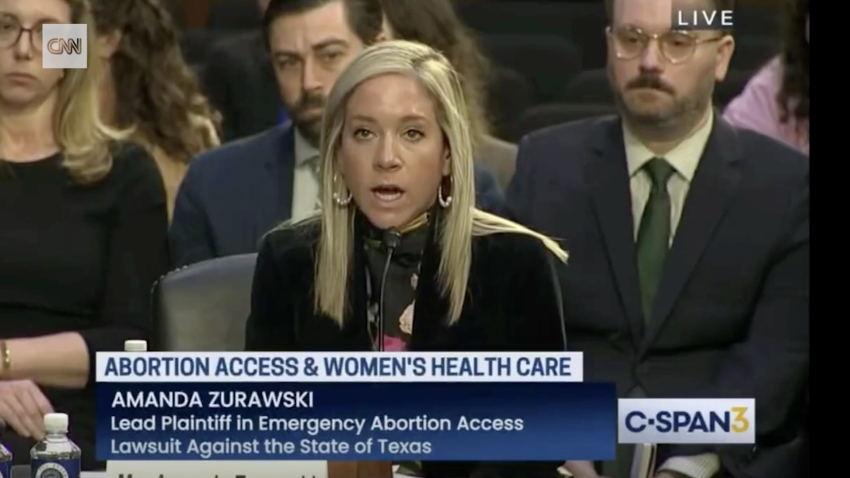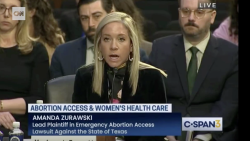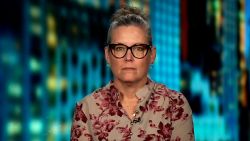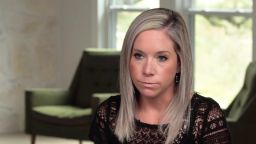A woman who is suing the state of Texas after being denied an abortion told lawmakers Wednesday that not receiving abortion care harmed her mental health and might prevent her from having children in the future.
Addressing her senators, Ted Cruz and John Cornyn, Amanda Zurawski said her “horrific” experience was a result of policies they support. “I nearly died on their watch,” she said.
“We’ve heard a lot today about the mental trauma and the negative harmful effects on a person’s psychological well-being after they have an abortion, supposedly, and I’m curious why that’s not relevant for me as well,” Zurawski said in the hearing of the US Senate Committee on the Judiciary on the impact of the Supreme Court’s reversal of Roe v. Wade.
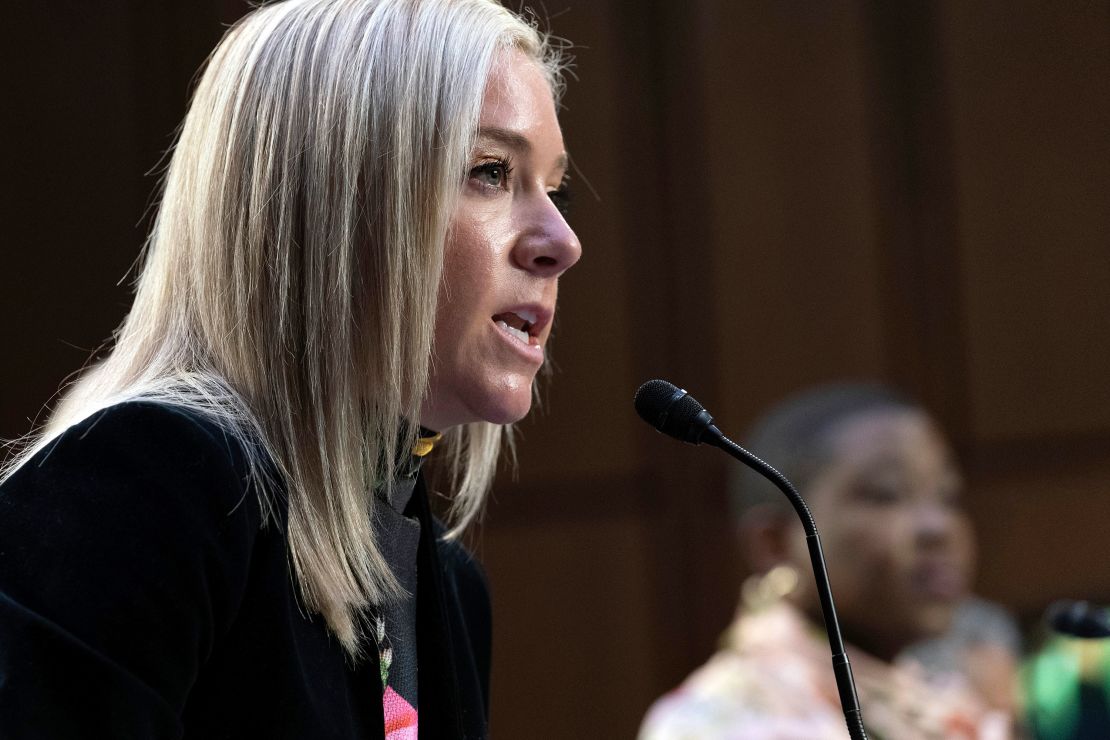
“Because I wasn’t permitted to have an abortion and the trauma and the PTSD and the depression that I have dealt with in the eight months since this happened to me is paralyzing,” she said. “On top of that, I am still struggling to have children.”
Zurawski previously told CNN she was denied abortion care after she had pregnancy complications. Eighteen weeks into her pregnancy, Zurawski’s water broke, which put her at high risk for a life-threatening infection. Zurawski’s baby, named Willow, was sure to die. Willow still had a heartbeat, and so doctors said that under Texas law, they were unable to terminate the pregnancy.
Zurawski told lawmakers Wednesday that she received an emergency abortion only after her condition worsened and she went into septic shock – adding that she may have been one of the first patients affected in the state of Texas after Roe was overturned, removing the federal right to an abortion.
“I wanted to address my senators Cruz and Cornyn, neither of whom regrettably are in the room right now, but I would like for them to know that what happened to me I think most people in this room would agree was horrific. But it’s a direct result of the policies that they support,” Zurawski said. “I nearly died on their watch, and furthermore, as a result of what happened to me, I may have been robbed of the opportunity to have children in the future.”
Zurawski is one of five women suing the state of Texas over its restrictive abortion laws, claiming they experienced pain and suffering because they were denied abortion care when they faced emergency complications in their pregnancies. The lawsuit was filed in March by the nonprofit Center for Reproductive Rights.
Texas at center of abortion battle
Texas, which has arguably the most aggressive abortion restrictions in the country, has been the site of several legal battles over abortion since before the Supreme Court overturned Roe v. Wade last June.
The language in Texas’ abortion laws is “incredibly vague, and it leaves doctors grappling with what they can and cannot do, what health care they can and cannot provide,” Zurawski said, bristling at the implication that her doctors were at fault for misinterpreting the state’s abortion bans. “And if they make the wrong the decision, they face up to 99 years in prison and/or losing their license.”
South Carolina Sen. Lindsey Graham, the top Republican on the committee, asked GOP witness Dr. Ingrid Skop, an obstetrician-gynecologist in Texas and vice president and director of medical affairs for the anti-abortion Charlotte Lozier Institute, to weigh in on what happened to Zurawksi.
“I am so sorry at your loss,” Skop said to Zurawski.
“And I am so sorry that your doctors misunderstood Texas law,” Skop said. “Every single law allows an exclusion for a doctor to use their reasonable medical judgment to determine when to intervene in a medical emergency, which is usually defined as a threat to the life of the mother or permanent irreversible damage to an organ or an organ system.”
Skop said that even before the Supreme Court reversed Roe, doctors were aware of how to assess medical emergencies where abortions should be offered and that the American College of Obstetrics and Gynecology has in place guidance instructing providers to offer abortions or delivery for patients in Zurawski’s situation, acknowledging that the risk of infection is high, which can become life-threatening sepsis.
“Either one should have been offered and could have been offered to Amanda,” Skop said.
Cornyn, a Texas Republican who sits on the committee, later suggested that a medical malpractice lawsuit against her doctors is the legal route Zurawski should consider.
Get CNN Health's weekly newsletter
Sign up here to get The Results Are In with Dr. Sanjay Gupta every Tuesday from the CNN Health team.
Later in the hearing, Zurawski said she wanted to respond to comments from Skop and Cornyn.
“Dr. Skop is not my physician. She has never been my physician. She has never treated me. She has not seen my medical records,” Zurawski said.
“Quite frankly, my physician and my team of health care professionals that I saw over the course of three days, while I was repeatedly turned away from health care access, made the decision to not provide an abortion because that’s what they felt they had to do under Texas’ law,” Zurawski said. “And that will continue to happen and it is continuing to happen, and it’s not a result of misinterpretation. It’s the result of confusion and the confusion is because the way the law is written.”

